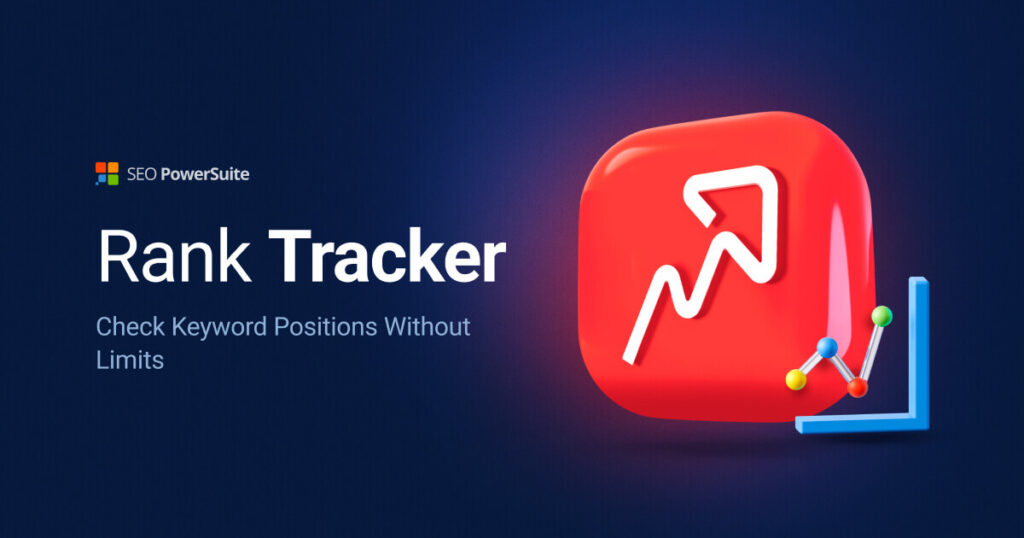Introduction
An SEO ranker is a tool or software used to track how well your website ranks in search engine results for specific keywords. These tools are essential for anyone working on SEO campaigns—whether you’re a freelancer, business owner, or part of a marketing agency.
This guide explains what SEO rankers do, what features to look for, and how they fit into an overall SEO strategy. With clear, honest information, this content will help you make informed decisions about using rank tracking tools.
What Is an SEO Ranker?
Basic Definition
An SEO ranker is software that checks where a web page appears in search engine results pages (SERPs) for chosen keywords. It helps track your visibility on Google, Bing, or other search engines.

Purpose of Using an SEO Ranker
The main purpose is to monitor performance and understand how your content is doing over time. Rankers show whether SEO changes are working or if strategies need to shift.
How SEO Rankers Differ from General SEO Tools
While many SEO tools offer broader features like keyword research or site audits, SEO rankers focus specifically on tracking keyword rankings with precision and consistency.
Why Tracking Rankings Matters in SEO
Search Engine Visibility and Click-Through Rates
Most users click on the first few search results. Tracking rankings helps ensure you’re visible where it counts.
Measuring Campaign Effectiveness
Seeing how your keyword positions change lets you measure the real-world results of your SEO efforts.
Identifying Trends and Algorithm Impacts
Rankings can fluctuate after algorithm updates. Monitoring them can help you quickly respond to changes and adjust your strategy.
How SEO Rankers Work
Keyword Tracking
You enter a list of keywords, and the ranker tracks your position in the search results over time.
Device and Location-Based Tracking
Modern rankers let you check rankings from mobile or desktop, and even from specific cities or countries.
Competitor Rank Monitoring
Some tools allow you to track how your competitors are ranking for the same keywords.
Real-Time vs Scheduled Updates
Some rankers provide daily updates, while others allow you to run manual checks as needed.

Features to Look for in an SEO Ranker Tool
Accurate Keyword Position Reporting
Look for tools that show consistent and up-to-date rankings for each keyword.
SERP Preview and History
The ability to view past rankings and compare them over time helps identify patterns.
Local SEO Ranking Insights
For local businesses, tracking city-specific rankings is essential.
Integration with Google Search Console and Analytics
Connecting rankers with your existing tools can give a fuller picture of your SEO performance.
Types of SEO Rankers
Cloud-Based Rank Tracking Tools
These are accessed through a browser and typically offer automatic daily updates and reports.
Desktop Software
Downloaded applications that run on your computer. They may require manual updates but offer full data control.
API-Based SEO Rankers for Developers
Ideal for building custom dashboards or integrating ranking data into larger systems.
Choosing the Right SEO Ranker for Your Needs
Individual Bloggers and Freelancers
A simple, affordable ranker with essential features is often enough.
Digital Marketing Agencies
Agencies may need tools with bulk tracking, white-label reports, and multi-client management.
In-House SEO Teams for Businesses
Look for tools that support collaboration, detailed reporting, and large-scale keyword tracking.
Pros and Cons of Using an SEO Ranker
Benefits of Consistent Rank Tracking
Tracking lets you measure results, justify SEO investments, and fine-tune your strategy.
Potential Drawbacks or Limitations
Rankings can change due to personal search history or location, so data is not always 100% stable.
Tips to Get Accurate Data
Use incognito mode, adjust for local settings, and compare across devices.
How SEO soldiers Help Improve SEO Performance
Data-Driven Strategy Adjustments
Rankers help identify what’s working and what needs attention.
Identifying Low-Hanging Opportunities
If you’re on page 2 for important terms, rankers highlight where a little work could boost visibility.
Competitive Analysis Using Rank Insights
Seeing where competitors stand helps shape your approach.
Top Use Cases for SEO Rankers
Local SEO Campaigns
Track how your business ranks in specific locations for key terms.
National Keyword Monitoring
Helpful for e-commerce sites or blogs targeting broader markets.
Tracking Seasonal or Campaign-Specific Terms
Monitor how timely content performs during key times of the year.
Common Misconceptions About SEO Rankers
SEO Rankers Do Not Improve Rankings Directly
They track performance but don’t affect rankings themselves.
Keyword Fluctuations Are Normal
Search rankings can shift daily. It’s important to look at trends over time.
Rankings Are Just One SEO Metric
Rankings matter, but traffic, conversions, and user experience are also crucial.
Best Practices for Using an SEO Ranker Effectively
Set Realistic Ranking Goals
Start with achievable targets, especially if your site is new.
Track Keyword Groups, Not Just Single Terms
Cluster keywords to get a fuller picture of topic-level performance.
Monitor Competitors Regularly
Seeing how others move helps you identify missed opportunities.
An SEO ranker is a tool or system used to track how well a website ranks for specific keywords in search engine results. It helps businesses and marketers understand where their pages stand and what improvements are needed to increase visibility. With an SEO soldier, you can monitor ranking changes, analyze competitors, and make data-driven decisions for your content strategy. These tools often provide insights into keyword trends, page performance, and technical issues. Whether you’re managing a small blog or a large website, using an SEO soldier regularly ensures you’re staying on top of search trends and improving your online presence.
FAQs About SEO Ranker
What is the difference between an SEO tool and an SEO ranker?
SEO tools include a broad range of functions, while an SEO ranker focuses on keyword position tracking.
How often should I check my keyword rankings?
Weekly or biweekly is enough for most websites. Avoid checking too frequently unless necessary.
Are free SEO rankers accurate?
Some are, but they often have limited data. Paid tools tend to offer better accuracy and features.
Can SEO rankers track rankings on mobile?
Yes, most modern rankers support mobile-specific tracking.
What data should I focus on when using an SEO soldier?
Look at ranking changes over time, keyword movement trends, and competitor comparisons.

Conclusion
An SEO ranker is a valuable tool for anyone aiming to improve their search presence. By tracking keyword rankings and analyzing shifts over time, businesses and individuals can adapt strategies and measure SEO performance with clarity. While rankings are just one part of SEO, they offer insight into how your content is performing and how visible your site is to potential visitors. Choosing the right ranker tool depends on your goals, team size, and level of expertise—but the core value remains the same: better decisions through better data.

